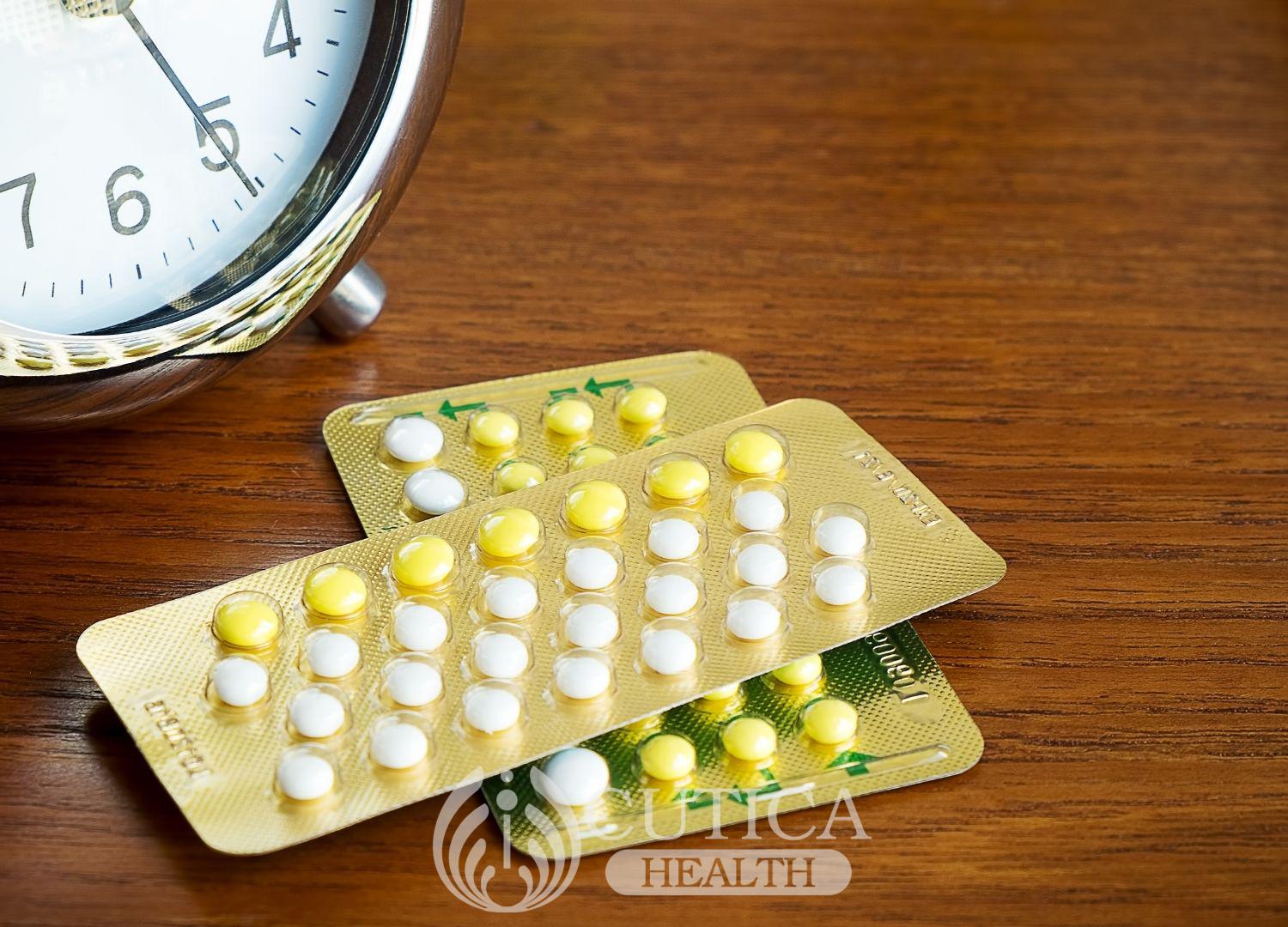
Tomi was distraught in the doctor’s office as she cried her eyes out about how discomforting and painful her periods have been recently. She had used the tenth pad today and each of them gets soaked in half an hour. The doctor had explained to her that she would get a unit of blood transfused as she had lost a lot of blood.
Heavy periods, medically called menorrhagia affect many women. Menorrhagia comes with excessive flow of menses as to disrupt your normal daily activities as you have to change your pads frequently and have to deal with lots of cramps.
Normal menstrual flow lasts between 2 to 7 days. If it lasts longer than this and flows more than 80mL per cycle, you are said to have menorrhagia. Why you cannot exactly quantify how much blood you lose during each period, having to change your pad more frequently than usual or so frequently as to disrupt your daily activities defines menorrhagia.

Symptoms of Menorrhagia
Signs and symptoms of menorrhagia include:
- Soaking through more than one sanitary pad every hour
- Needing to double your sanitary pads to control the menstrual flow
- Bleeding lasting longer than 7 days
- Passing large clots
- Experiencing symptoms of low blood level, such as dizziness and fast heartbeat.

Causes of Menorrhagia
Common causes of excessive menstrual bleeding include:
- Hormone imbalance: hormones regulate period flow, including when it comes, how much bleeding occurs, and how long it lasts. If it lasts longer than normal or flows in amounts larger than normal, one of two of a woman’s reproductive hormones could be out of order. Conditions that can disrupt the female hormonal balance include polycystic ovary syndrome, obesity, and thyroid problems.
- Ovarian problems: The ovary usually releases an egg in the middle of your menstrual cycle. This process is called ovulation and is often followed by the shedding of the womb lining as periods, if pregnancy does not occur. However, if for some medical or other reasons, you do not ovulate, this could disrupt the usual hormonal order, causing heavy periods.
- Fibroids: Uterine fibroids, depending on where they are located in the womb, could cause heavy bleeding. Uterine fibroids could grow very large or increase in number as to also bleed heavily when you are having your periods.
- Cancer: Cancers of the womb or the cervix could cause heavy menstrual bleeding. This occurs because the linings of and blood vessels in both structures could be eroded by the cancer cells, causing heavy bleeding.
- Medications: There are some medicines that could disrupt the hormonal cycle, causing heavy periods. These include oral contraceptives and blood thinners.

Treatment of Menorrhagia
Treatment of heavy menstrual periods depends on its cause. Doctors have to use several diagnostic methods, including ultrasound scanning, hormonal test, swab tests for infection, etc, to determine the exact cause of your heavy periods before commencing treatment.
Regardless of what’s causing your heavy periods, your doctor could recommend the following to help control the bleeding.
- Non-steroidal anti-inflammatory drugs: These are a type of pain killers, such as ibuprofen and naproxen, that help reduce menstrual blood loss. They could also help control the pain that comes with heavy periods
- Oral contraceptives: Birth control pills could help correct hormonal imbalance, if this is what is causing heavy periods. However, you should get a recommendation from your doctor about which one to use.
- Hormonal IUD: This intrauterine device releases a type of reproductive hormone that controls excessive period flow by thinning the lining of the womb.

Other definitive treatments like ultrasound surgery, fibroid removal, and surgery to remove the womb and ovaries depend on the cause of the heavy periods.












